HUG IT OUT
An inside look on the science behind hugs
Photo Courtesy of Gabby Paterson
Hugs are common to a lot of people’s lives. This article explores the science behind hugs.
Hugs. They aren’t for everyone, but they sure can lift someone’s mood. Stress about graduation, sports, good grades and many other worries can escalate as the winter season continues. When used appropriately, a small embrace can be a great way to relieve that stress and make someone feel better.
“I love hugs,” senior Grace Sapp said. “I’m definitely a hug person. I don’t [know] really, just kind of boosts your mood.”
Physical contact can be used as a symbol of appreciation or love from another person. This form of love can help reduce anxiety and lift a person’s mood if used in the right setting.
Yet some don’t know the science behind hugs and why they make you feel good. According to Healthline, “giving another person support through touch can reduce the stress of the person being comforted.”
“When you get hugs, your feel-good hormones…oxytocin, dopamine [are released],” Health teacher Mrs. Kandi Bennett said. “That’s what creates that feeling of ‘I’m ok, I am well,’ happiness, [hugs] help release stress.”
Simple signs of affection are needed in everyday life. SPED Paraprofessional, Mrs. Sarah Wormald, sees this upfront every day and uses hugs as a personal expression of her appreciation. In her line of work, it may be hard to show when others are loved, but this simple gesture can mean a lot to her students.
“To me, a hug is a nonverbal universal sign that says I care about you.” Mrs. Wormald said. “As a professional in the world of education, my hugs mean ‘I really see you. I value you. You are of great worth.’ And the hugs I received back from kids tell me ‘I trust you, [I am] safe, I know you are a person who loves me.’”
From a very young age, we can be accustomed to giving out these warm embraces to many of our teachers. As we age, they seem to fall away, but they are still used as a daily practice in elementary schools.
“There are some kiddos that you can bet on every single day,” Instructional Facilitator Mrs. Kassi Ashby said. “They’re looking for you to give you a hug. And if they don’t, you can assume something’s probably wrong at that point. It’s not like I force them to give me a hug, but that’s just a part of our ‘good morning.’ You get hugs from specific people.”
Many people can claim to be non-huggers, but every once in a while, they would want a good embrace too.
“[Hugs are] not my favorite,” sophomore Grace Lengfelder said. “But I mean, it depends on the context. Whenever my dad is in a good mood, because I did something good, he gives me a hug. That’s always nice.”
Although there are some out there who believe hugs are unnecessary and uncomfortable, this quick hold can really mean the most to some people.
“It’s a given that every person or every student will go through a rough patch from time to time and more often than not, people are fighting an unseen battle,” Mrs. Wormald said. “But a hug, can break that barrier and make it known that they are cared for and loved by at least one other person out there.”
Even if you are not the one feeling down, hugs can be a great way to show someone else that you care. If you see someone you know and can tell they are in a bad mood, a small embrace can be a great way to brighten their day.
“I’ve always been a big hugger… I feel like they bring out the joy in people sometimes,” junior Gunnar Erickson said. “If I’m not feeling great or anything like that, and I get a hug from someone I’m not expecting a hug from, that’ll probably lighten my day up.”
Even though hugs can be known for being a stress reliever, this isn’t the case for everyone. Some people are against physical touch and would rather not deal with it at all.
“I feel very claustrophobic when it comes to hugs and I would just rather not be touched,” sophomore Emily Orr said. “When I’m, like, super upset, that’s when you hug me… I don’t do the casual thing.”
If you are one to avoid hugs and everything that comes with them, do not worry, you are not alone. But every once in a while, it can be lovely to know that you have someone by your side that can help you through hard times. No matter what you may be worried about, or paranoid about, there is someone out there to be there for you when you just want to “hug it out”.


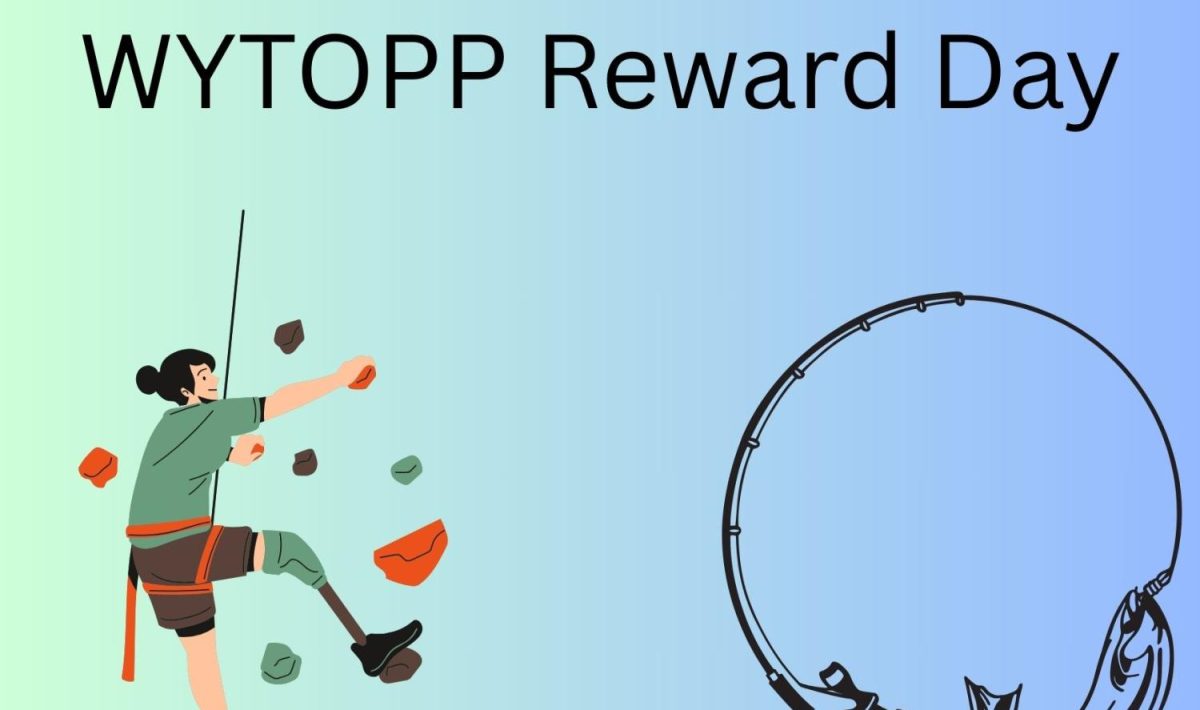
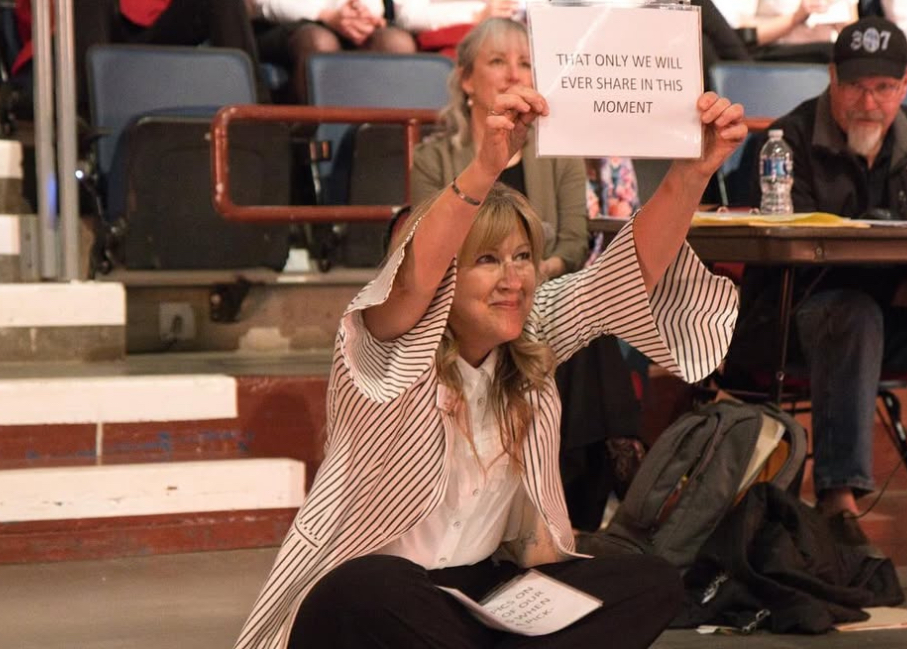

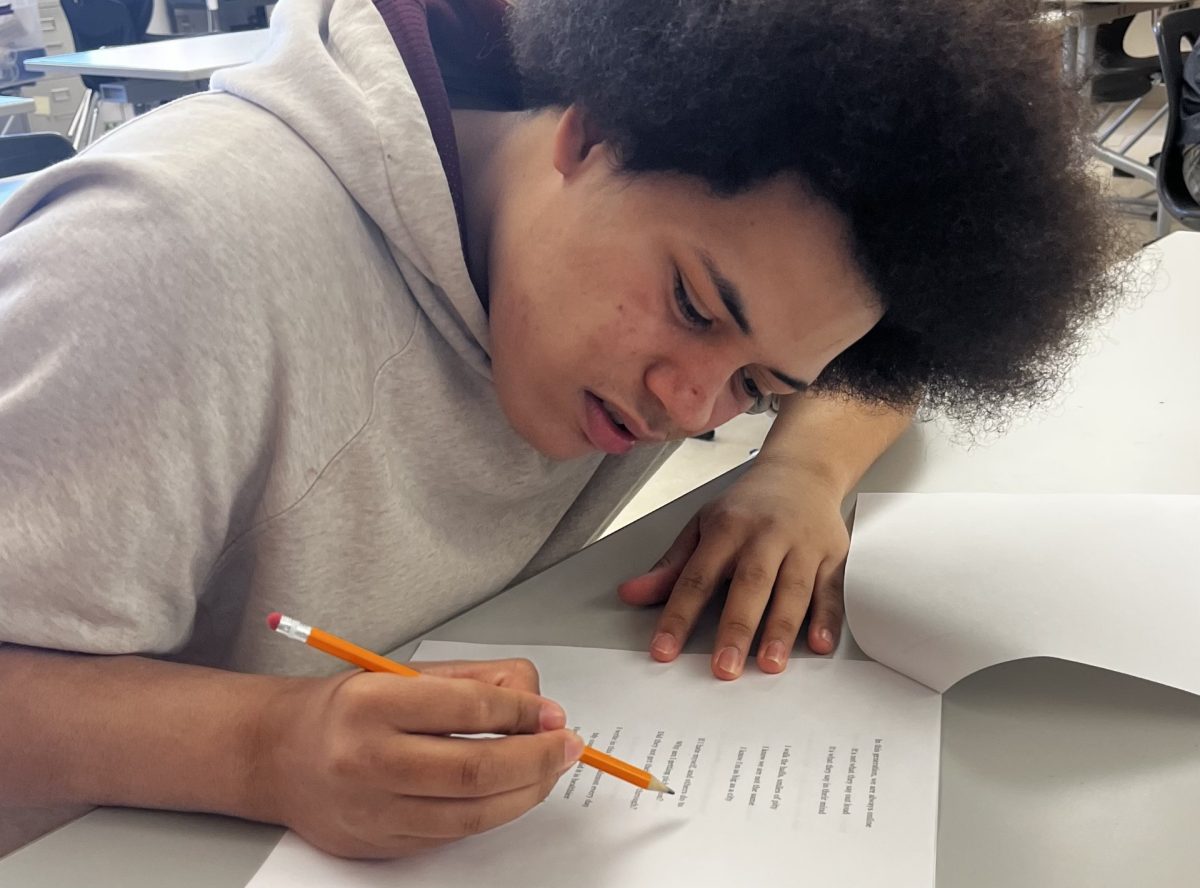
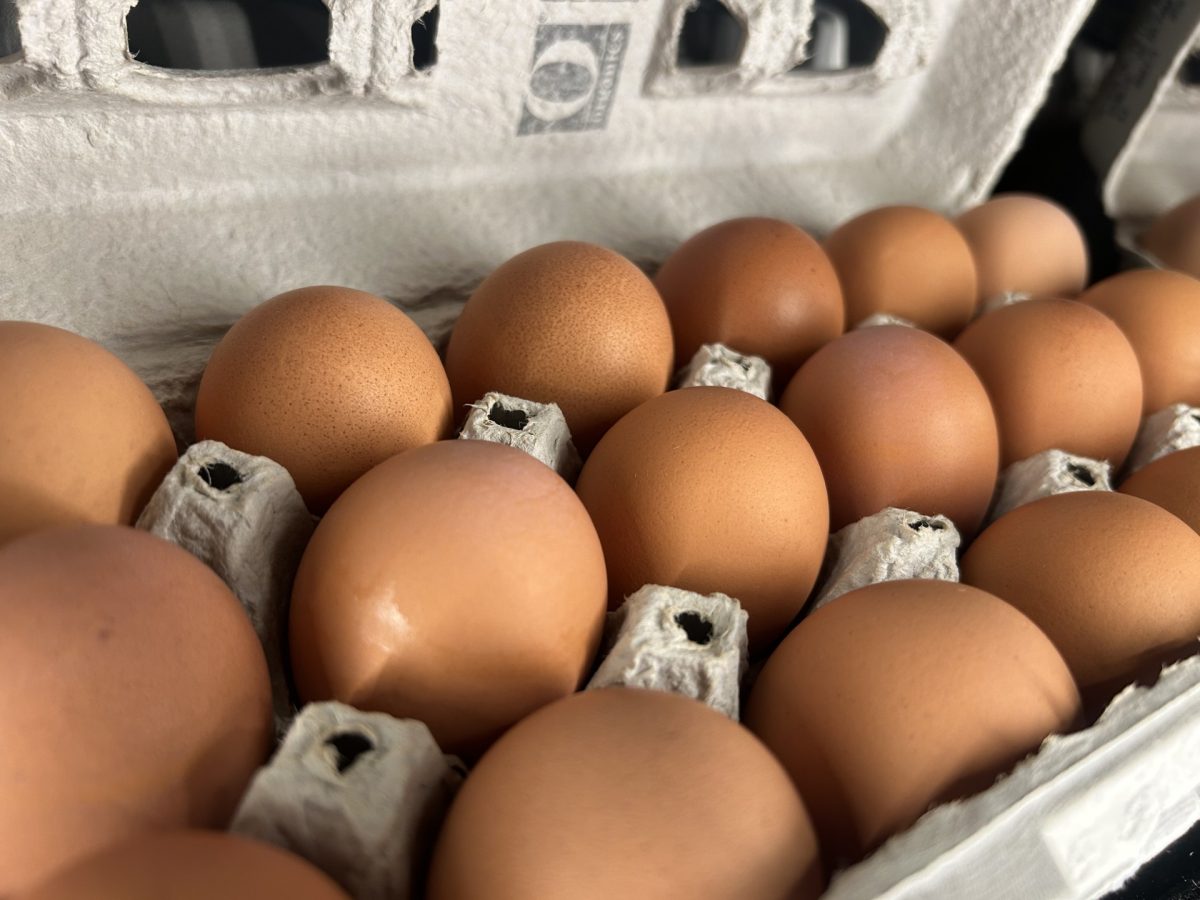
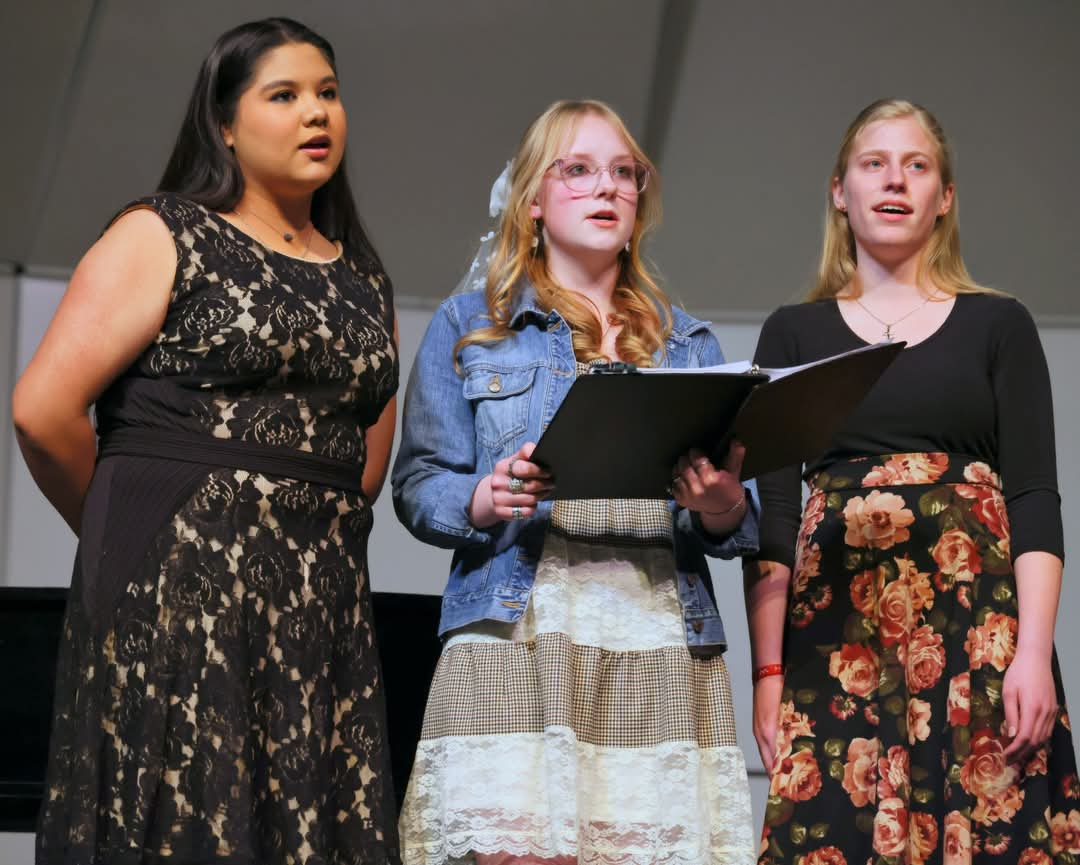
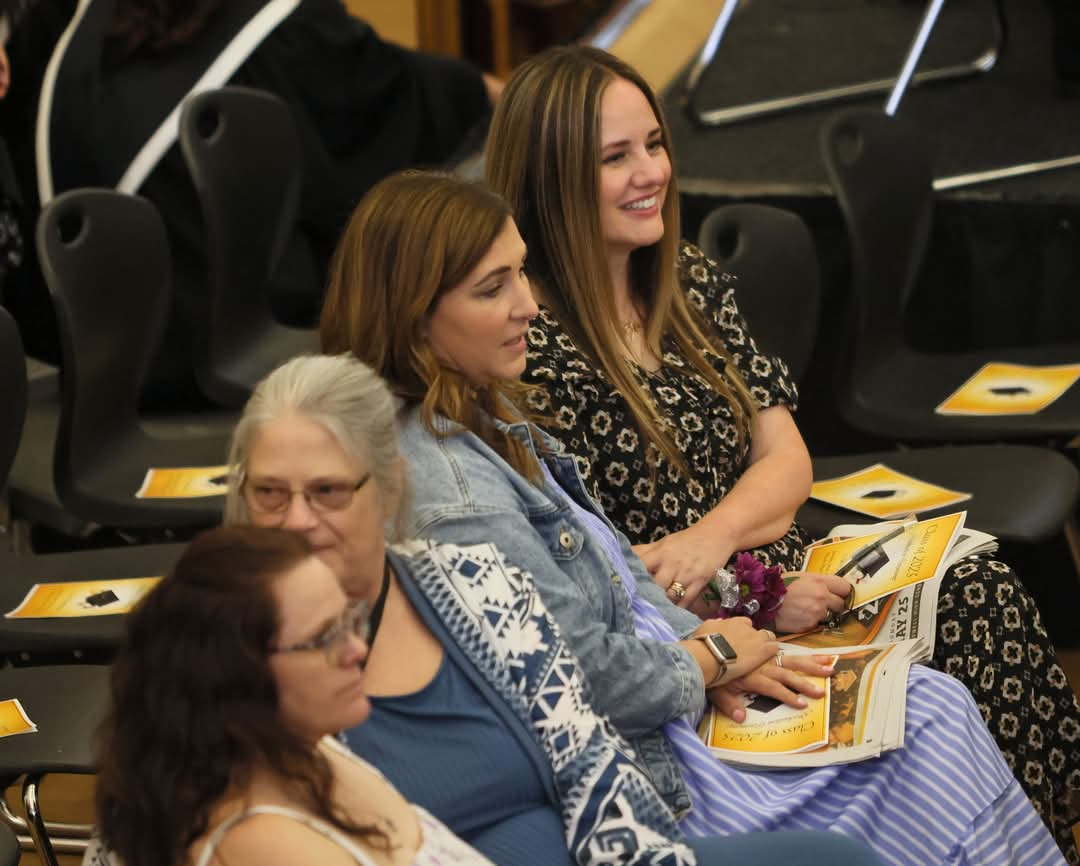
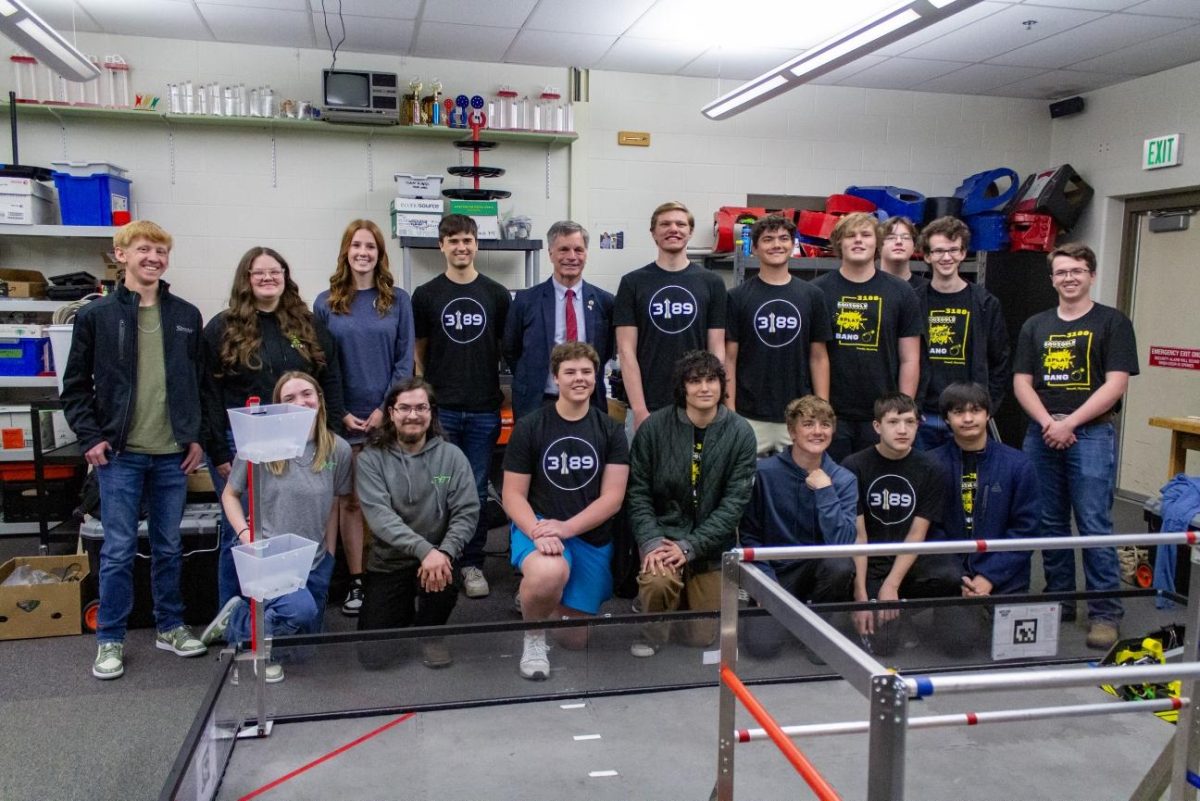

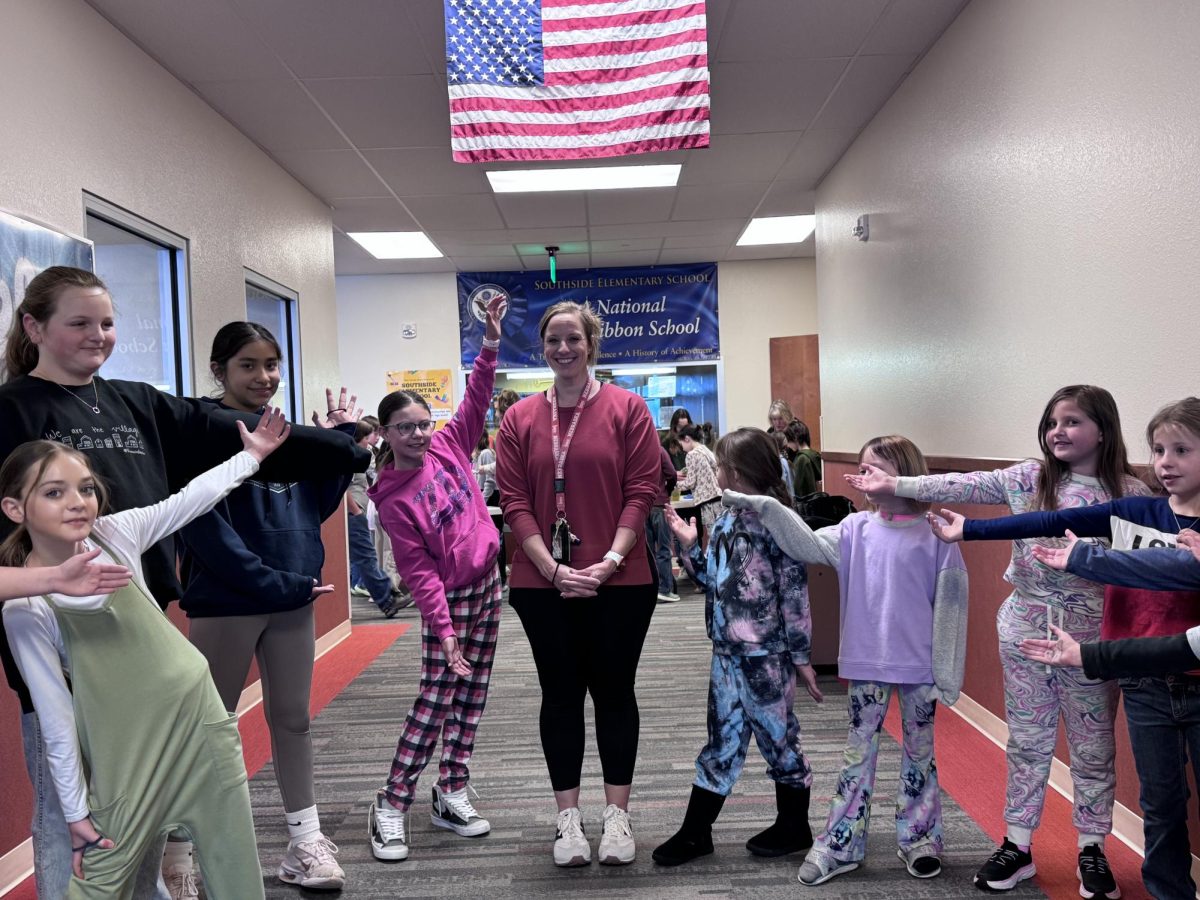
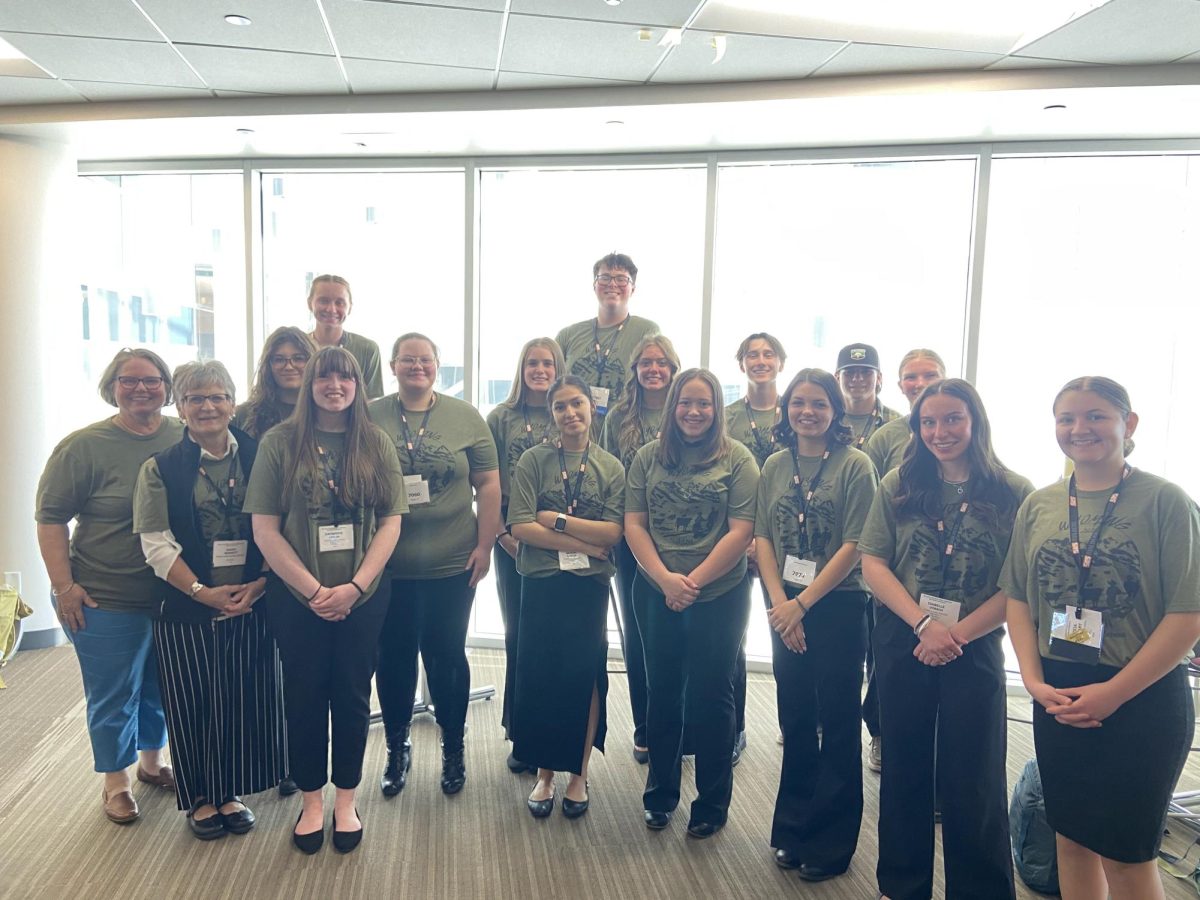

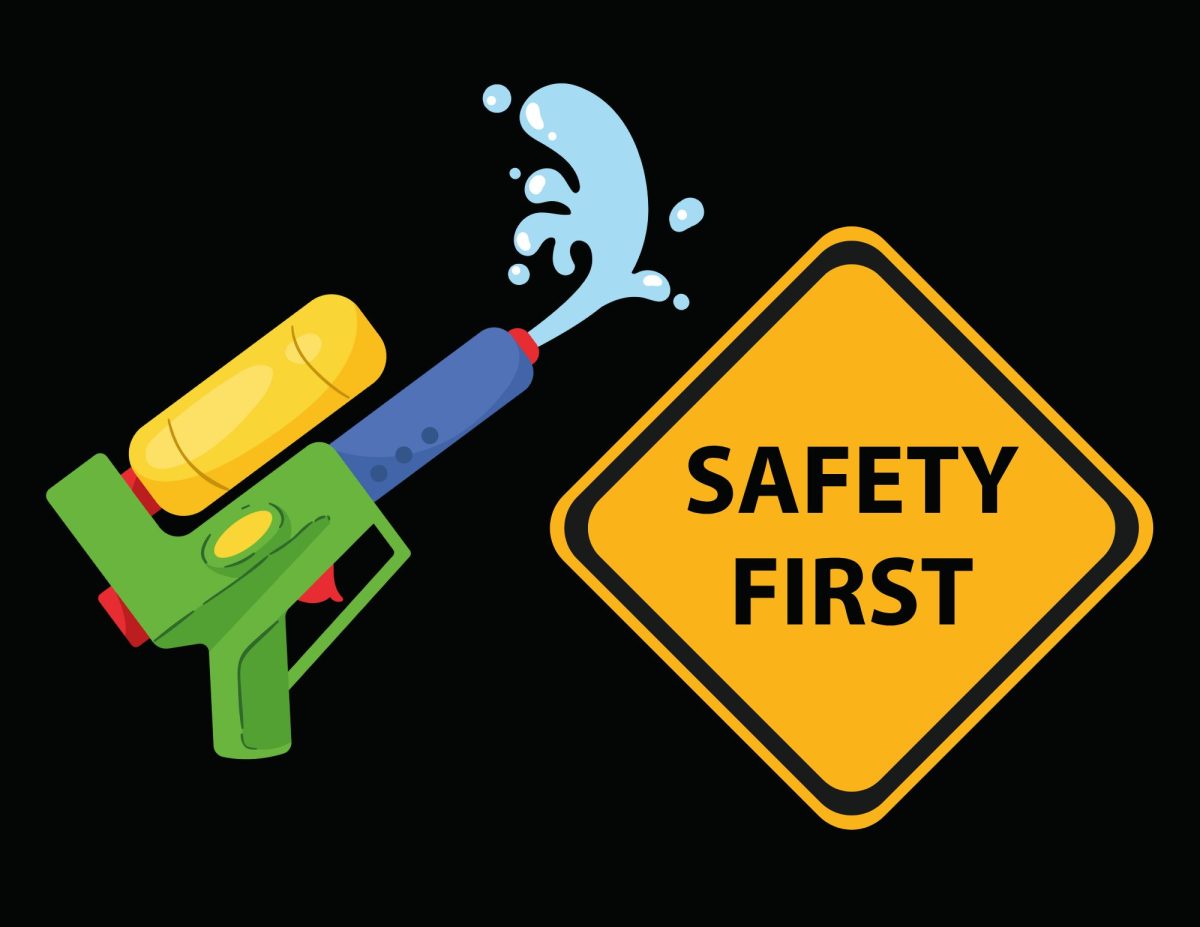
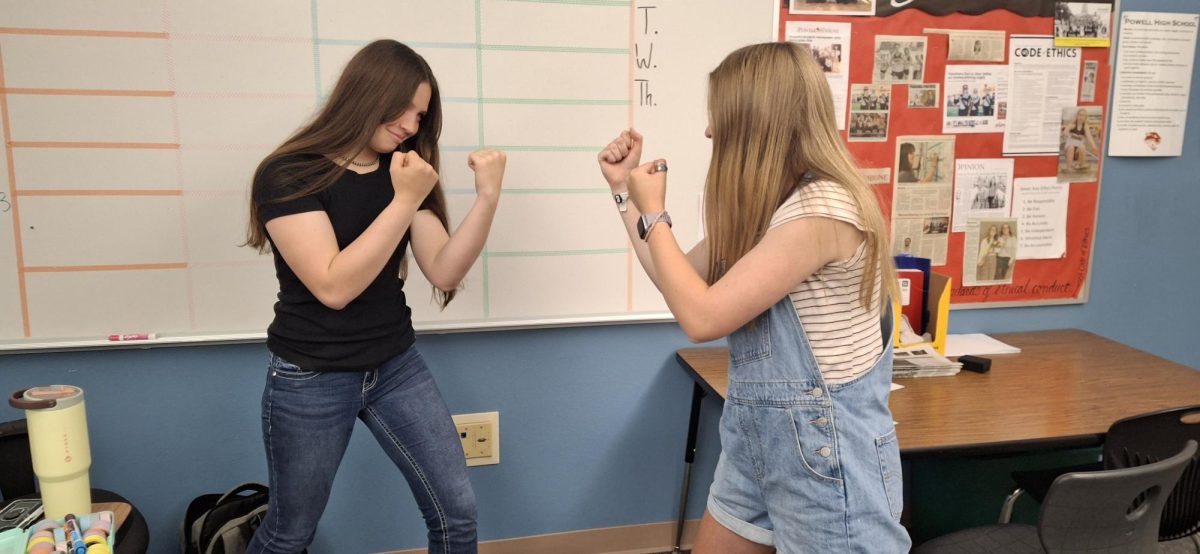

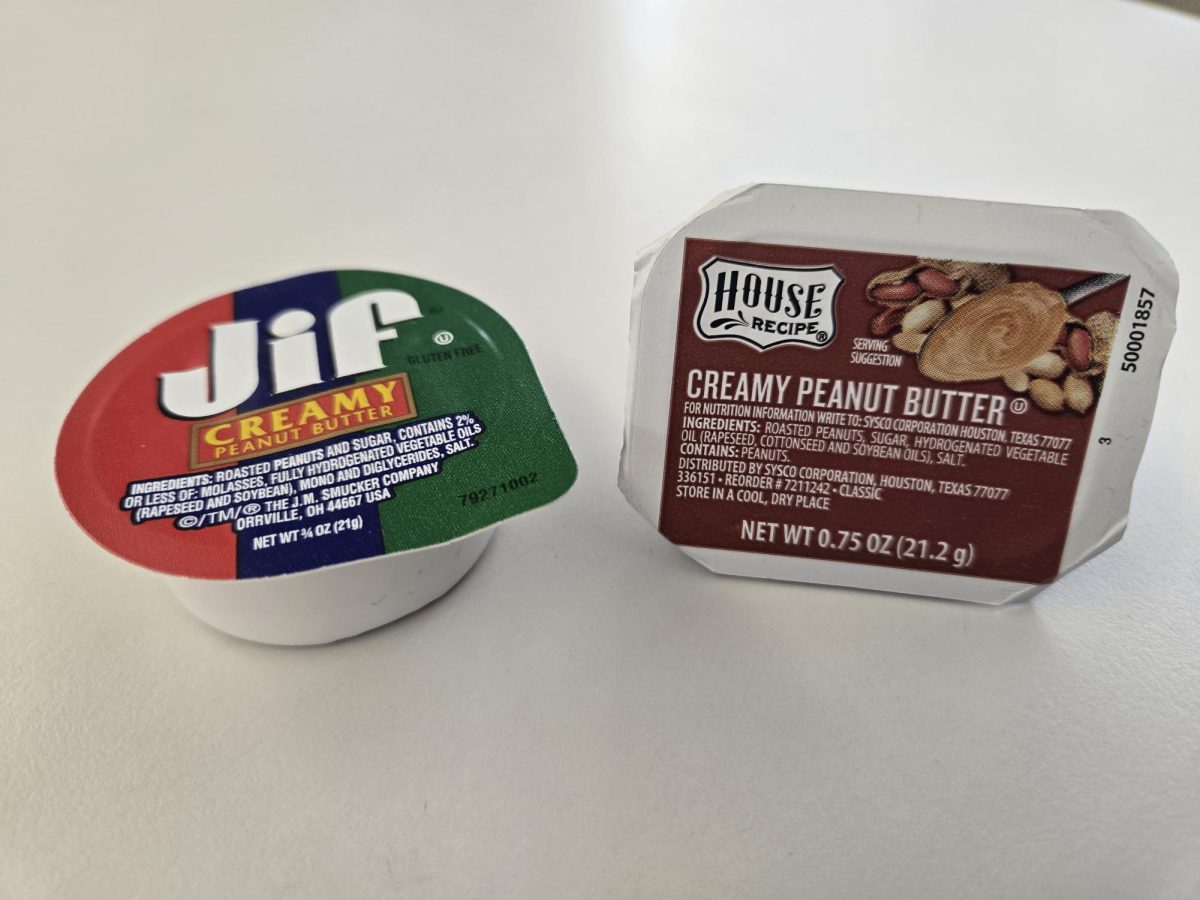




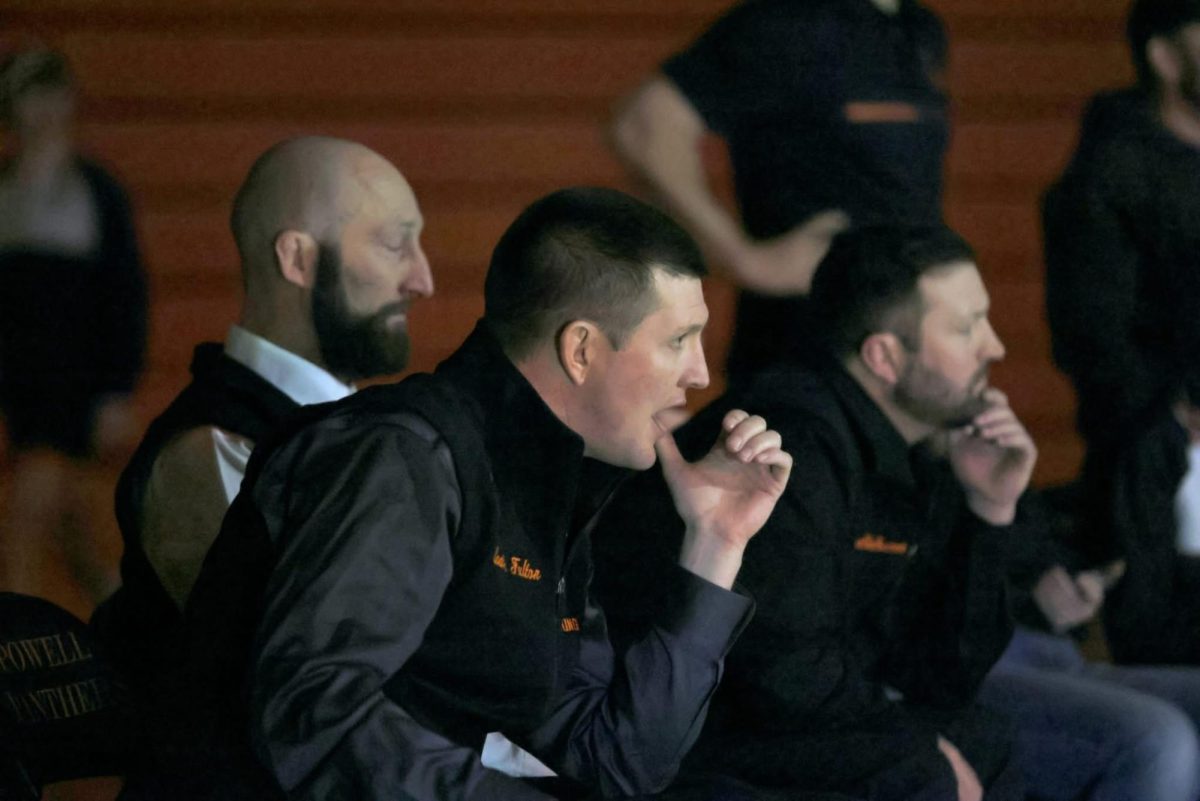


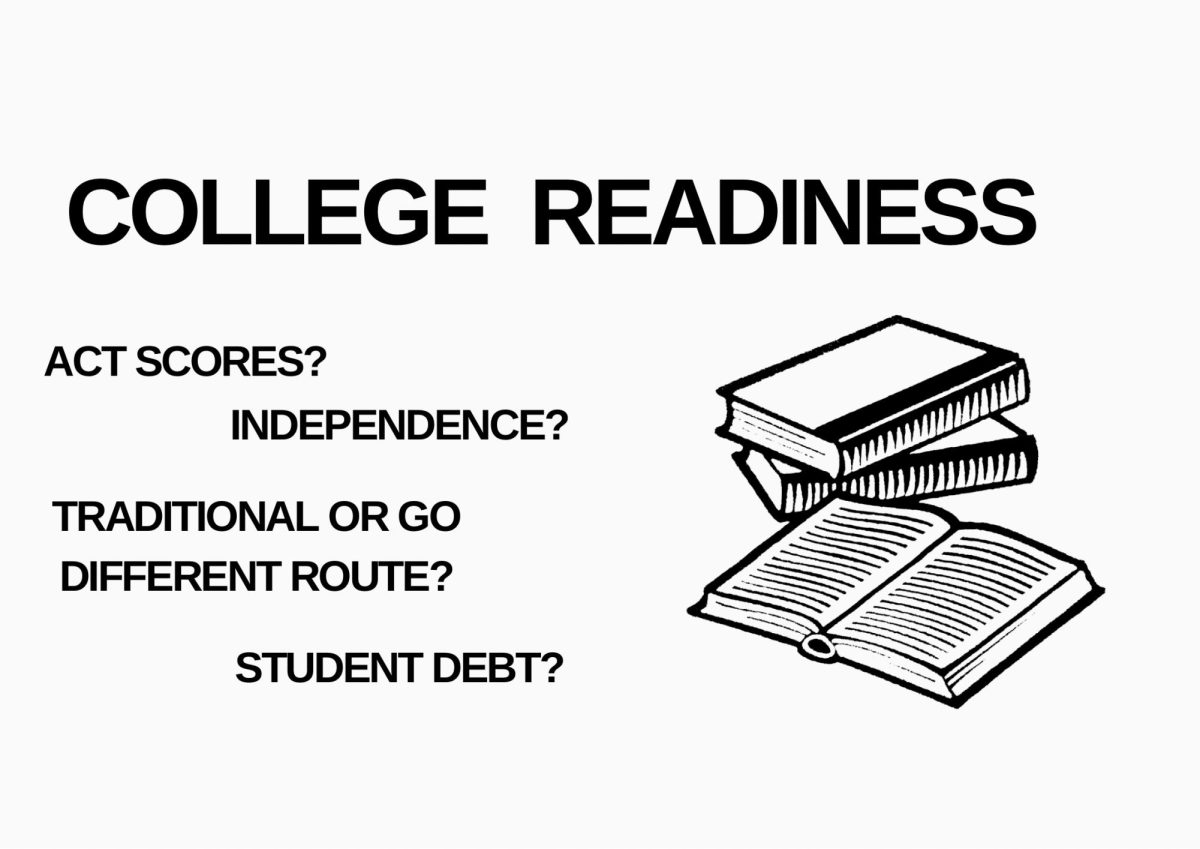
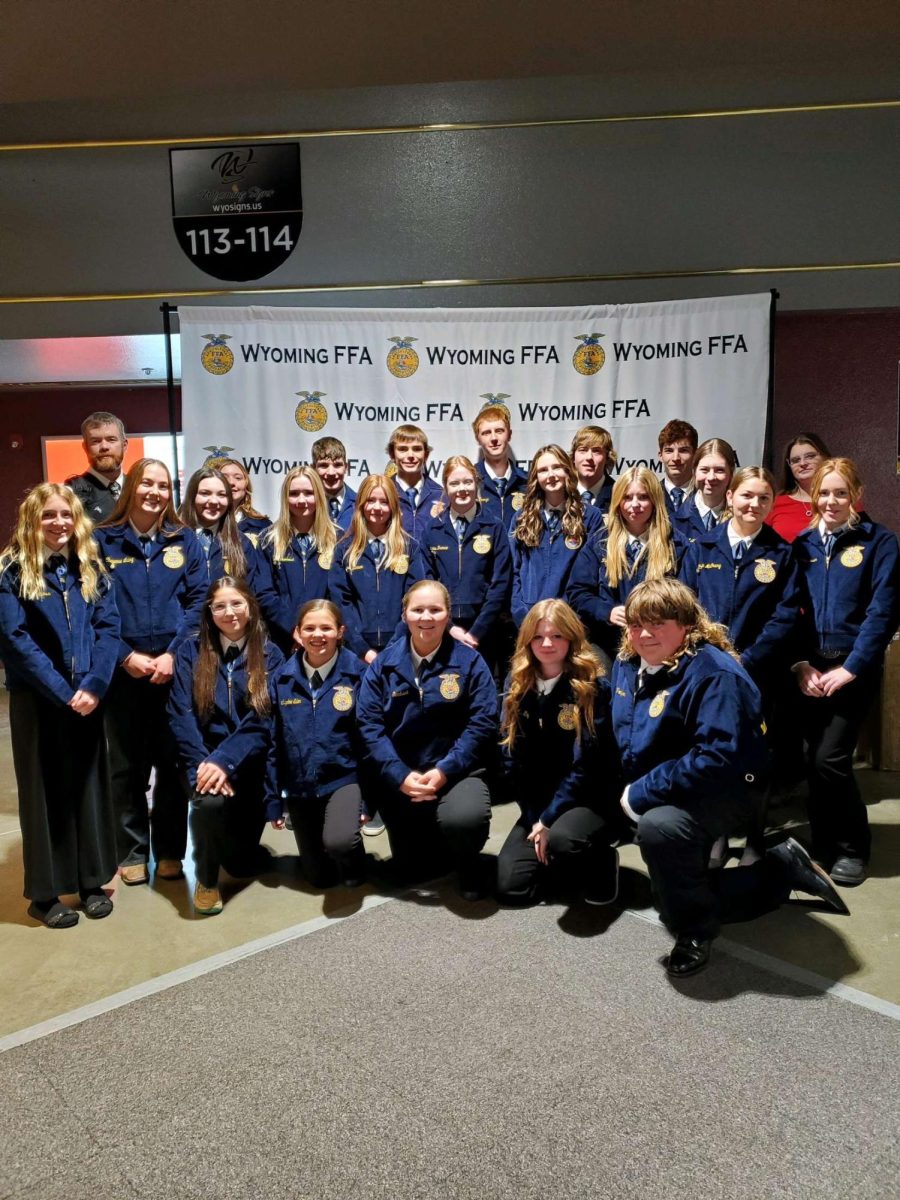

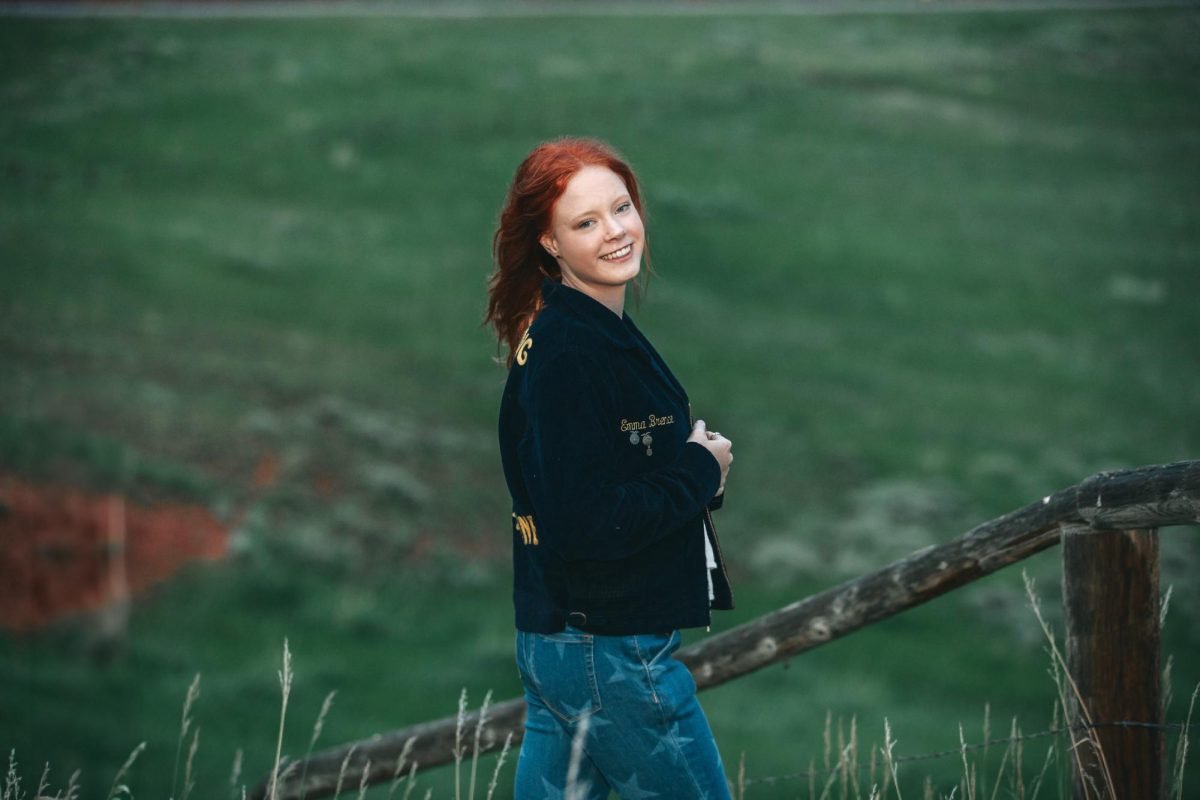
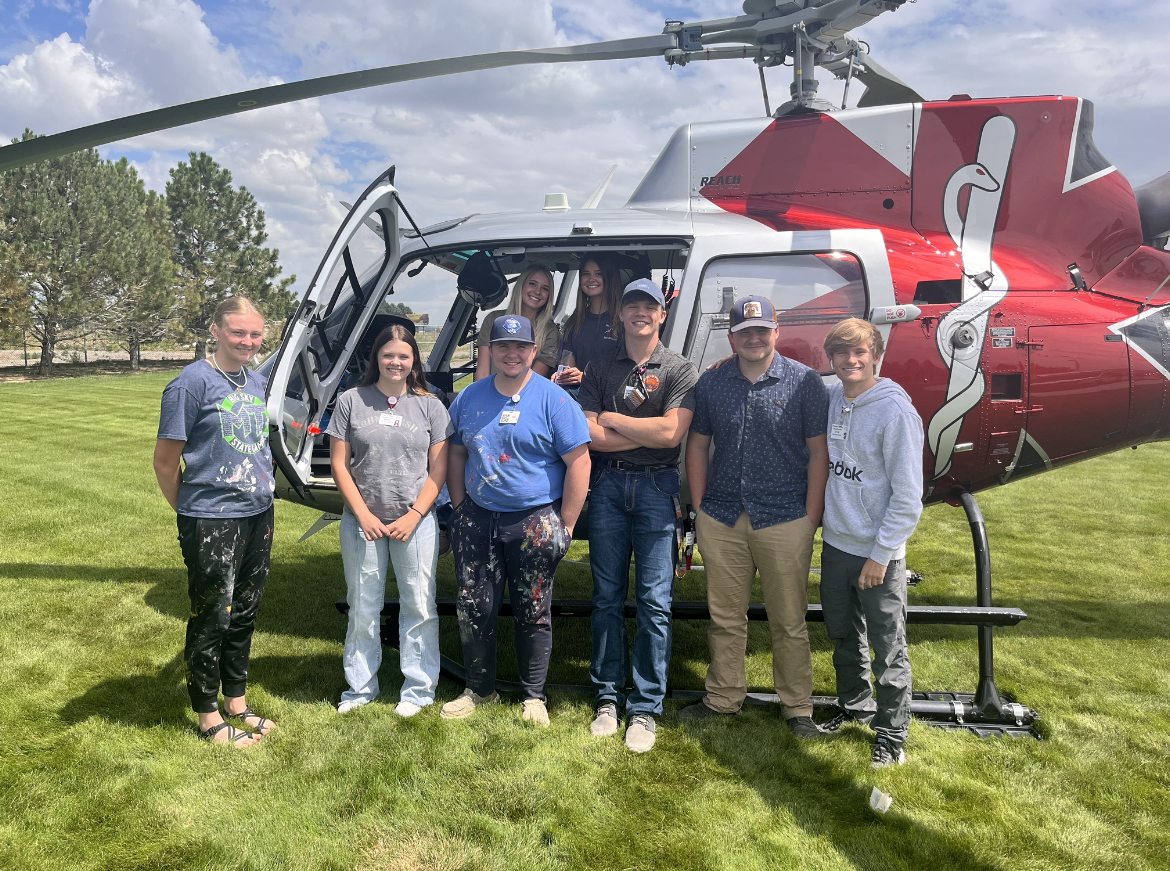
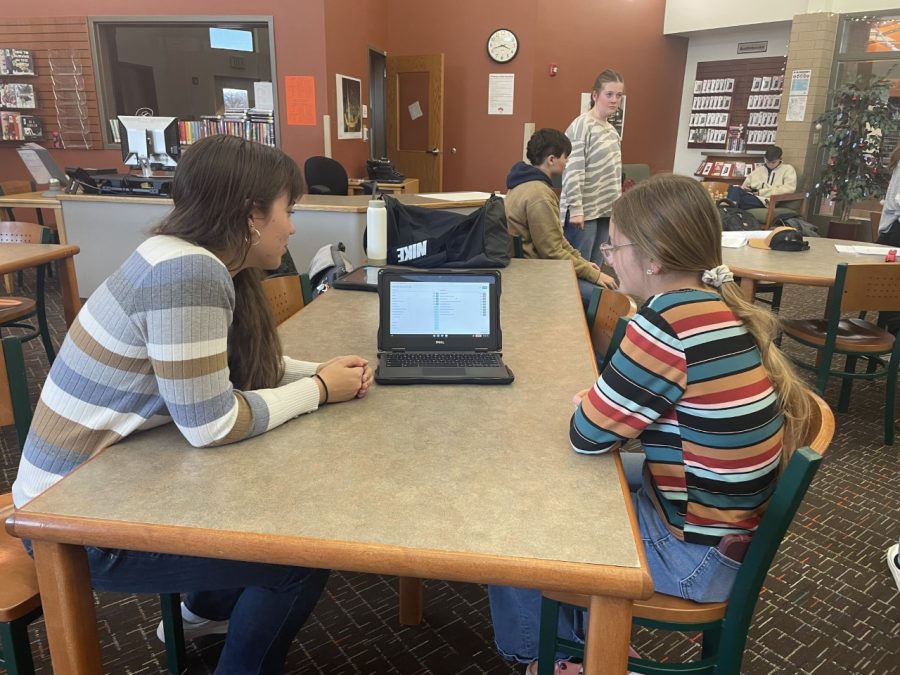


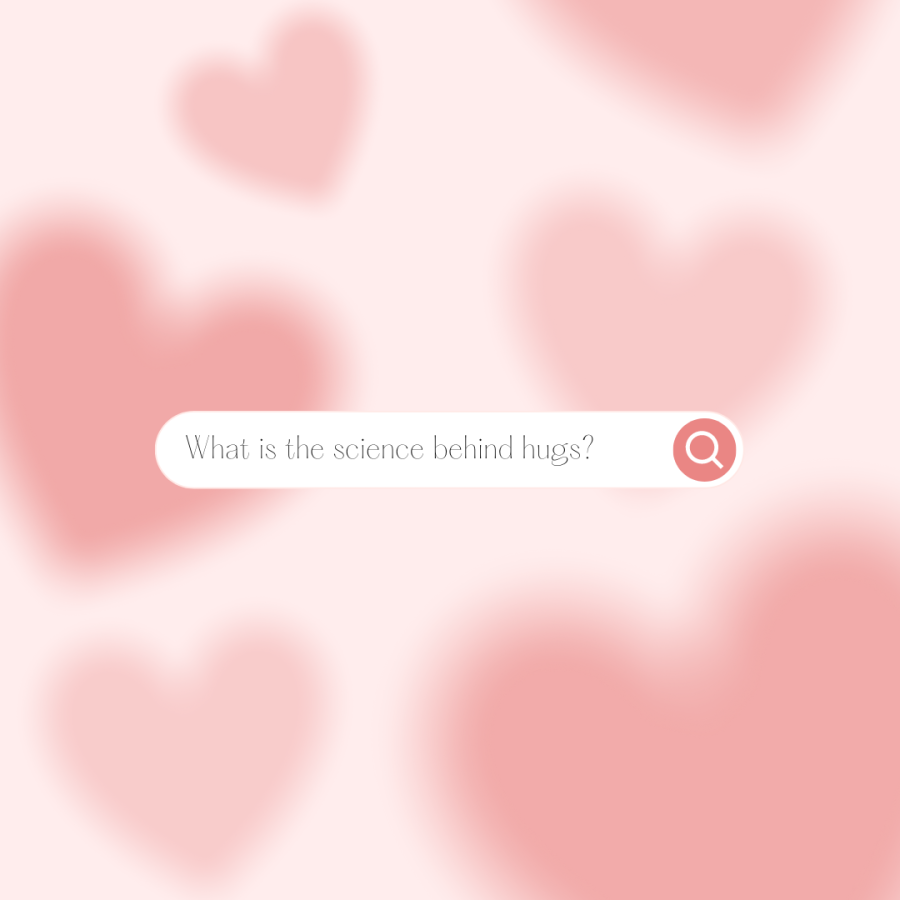

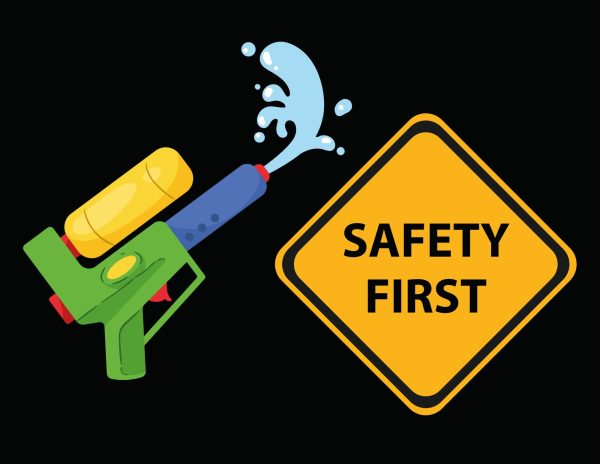

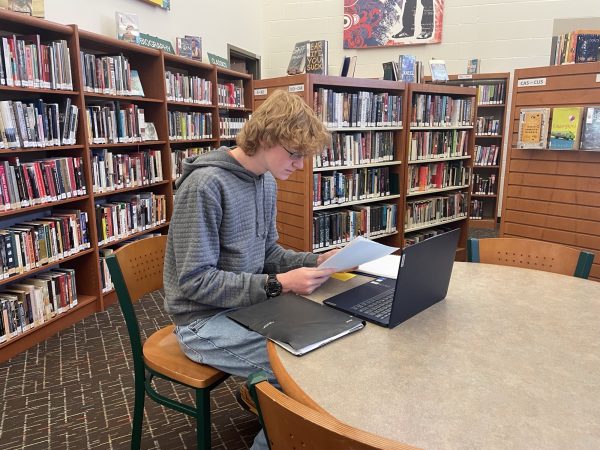

Catherine Fields • Jan 31, 2023 at 5:52 pm
Wonderfully insightful article. Loved the following: “As a professional in the world of education, my hugs mean ‘I really see you. I value you. You are of great worth.’ And the hugs I received back from kids tell me ‘I trust you, [I am] safe, I know you are a person who loves me.’” Well written and discussed. Proud of you, Cait.
Dewayne White • Jan 31, 2023 at 4:47 pm
Very well said young lady!
Cathy White • Jan 31, 2023 at 4:27 pm
Great story. Growing up everyone was a hugger, but now some people have made it to be a negative experience. I know a hug always makes me feel better. Great job Caitlin.